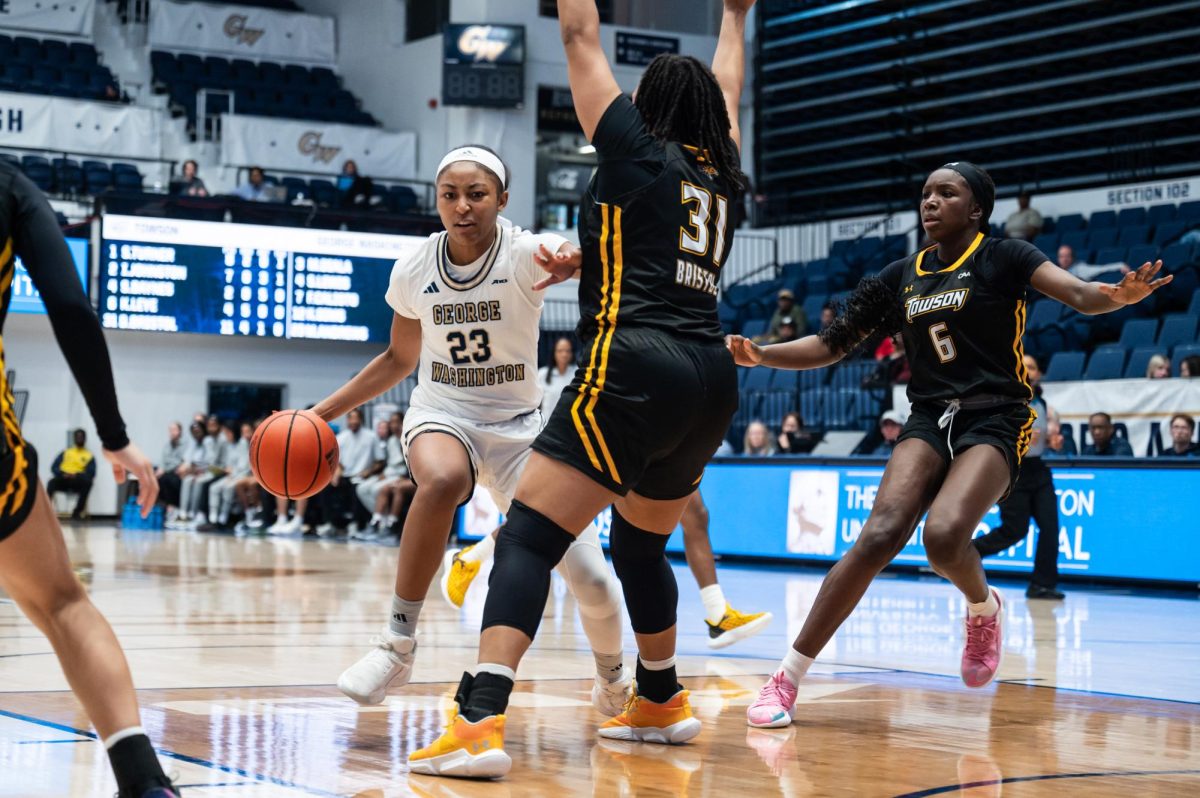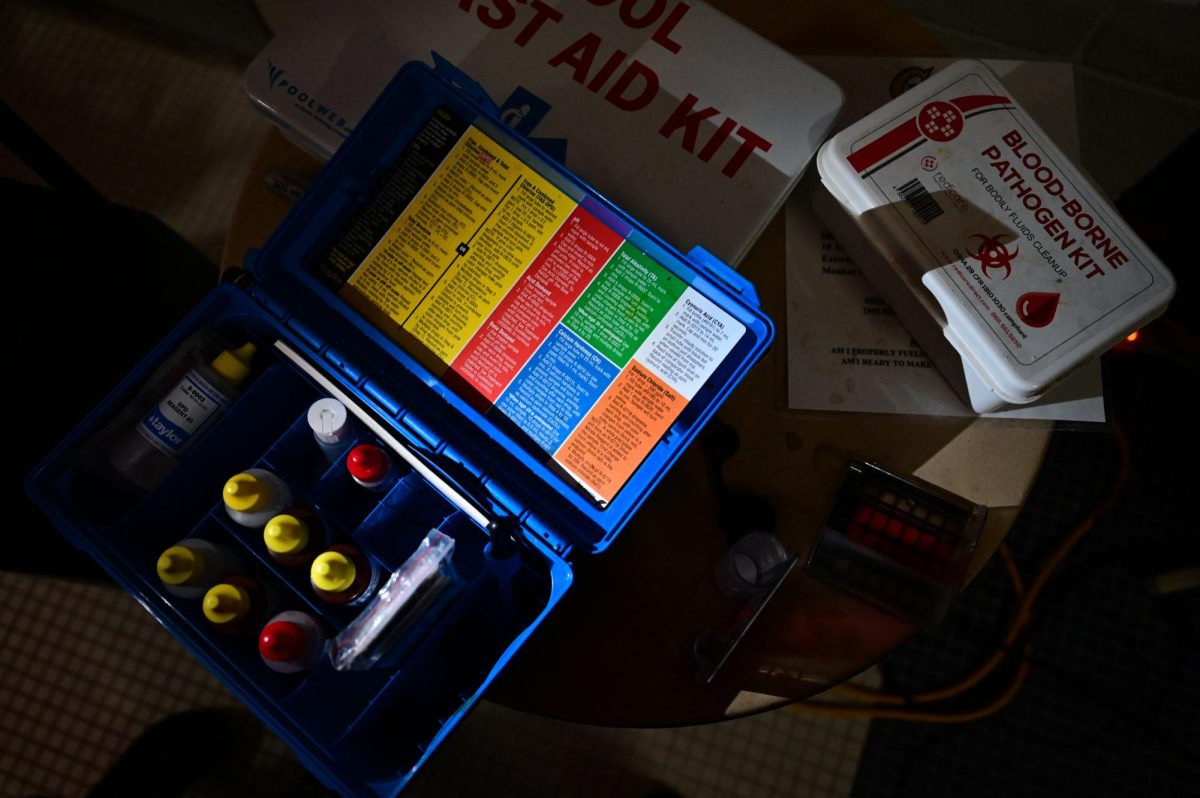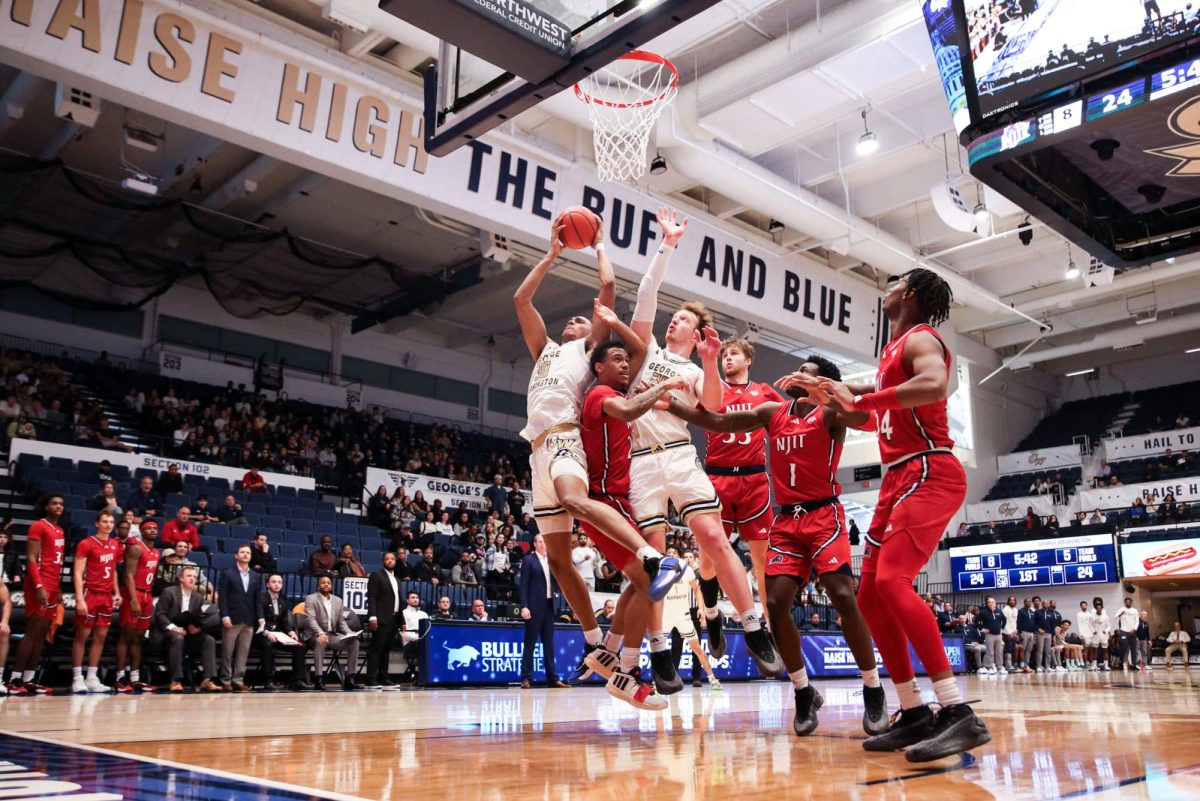Not every collegiate athlete has an easy road to success. Some battle injuries, poor play and a lack of playing time, while others don’t even get a chance. The current co-captains of the GW men’s soccer team, Trent Wilee and Matt Miller, nearly missed their chance to play.
Despite getting cut by head coach George Lidster before their rookie seasons in 2000 and 2001, respectively, Wilee and Miller were not ready to hang up their cleats for good. The veterans both came back to make the team as walk-ons, and although their presence will not show up on stat sheets, they have been consistent contributors to the Colonials in the past few years.
“They were obviously committed to make (the) team,” Lidster said. “So the next year, they were prepared. They were stronger, faster and more confident in themselves, so they made it.”
Lidster invited the athletes as walk-on recruits, which meant that they were not guaranteed spots on the squad. Wilee first tried out in the fall of 2000, when he was one of eight freshmen to be cut in August. Looking back, the fifth-year senior said the experience sobered him up to the fact that he needed to improve to compete on the collegiate level.
“I was scrawny and underdeveloped physically,” Wilee said. “The speed of game was beyond me. I watched and tried to pick up as much as I could, and the coaches saw I had room to grow.”
Wilee, a defender, spent the next year training with the team, learning from the veterans and training as much as he could. The following fall, he returned 25 pounds heavier, with more speed and skills, and with an increased knowledge of the game.
“I had to dig deep and put in a lot of effort and work,” he said. “There’s so much to learn. I thought I knew the game, but I was childish. I learned a lot from upperclassmen and coaches, they put me under their wing and then let me go.”
As Wilee found his place on the Colonials’ roster in 2001, the coaches told Miller, a midfielder, that it would be at least another year before he could earn his own. Standing at foot-five-eight-inches and under 150 pounds, he was one of the smallest players on the roster.
“They thought I played well, but they didn’t think I was ready,” Miller said. “I knew what I needed to do, and if I played like I had (the summer before) freshman year, I wouldn’t make it again.”
Lidster said it was the players’ desire that set them apart from the rest.
“I told them if you still want to play, you have a chance down the road,” he said. “They did show promise. They both had a great attitude and they were just around a lot.”
That year, as Wilee got used to playing for GW, appearing in five games, Miller moved onto the club team to gain more experience.
“They told me to stick with it, and I kept in touch,” he said. “The one thing I’ve always wanted to do is play college soccer.”
As Wilee had done the year before, Miller trained harder to bring himself up to Division I caliber. And in 2002, he notched the last spot on the 24-man roster.
Once Miller was on the team, he slowly moved his way up the ladder by making the most of his limited time on the field. But during one of the final conference games against Rhode Island, when one player was suspended and another got hurt, Miller had the chance to start. From that day on, he remained a starter, playing all the way through his team’s run to the Atlantic 10 Championship.
“Starting in the A-10s was the most unbelievable soccer moment of my life,” Miller said. “My family and friends were there, they made me T-shirts … it was a great feeling. I thought we were going to do even better the next year.”
However, GW struggled through last season, finishing the year 7-11-2. The Colonials are also off to a slow this season. Three weeks into the year they are 1-5-1.
Regardless of the team’s struggles this season, Lidster said he is happy to have Miller and Wilee as his team’s leaders. A pair that has gone from low to high on the totem pole makes it easy for them to relate to all of their teammates, Lidster said.
“They’re not the loud type,” he said. “They’re thoughtful, and I think they demand the respect of the players from that. They have all the qualities of good leadership. They give 100 percent on and off the field. I think they’re good role models.”






